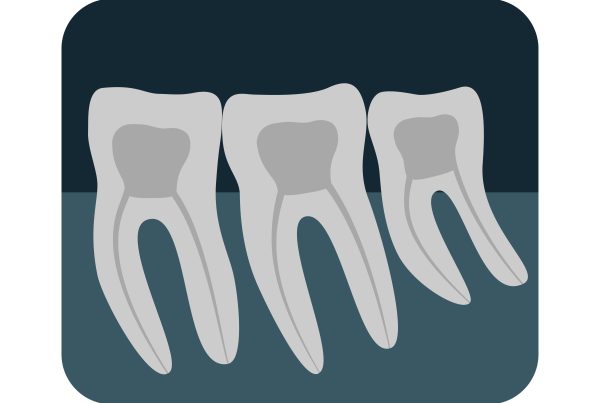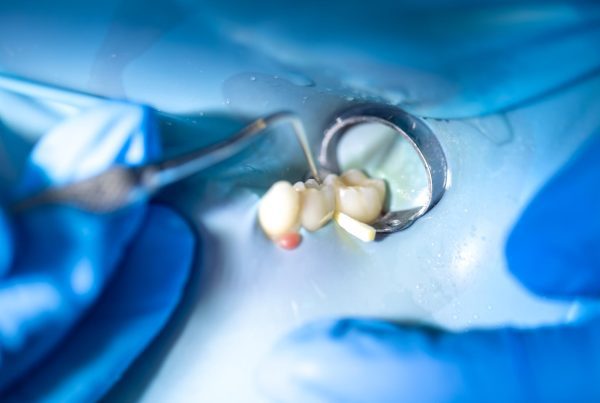Braces & Wisdom Teeth
Having your wisdom teeth removed while wearing braces is a common concern for many orthodontic patients. Wisdom teeth, or third molars, often emerge in late adolescence or early adulthood, and their presence can complicate orthodontic treatment. These teeth may not have enough room to properly align with the rest of the teeth, potentially causing crowding or disrupting the progress made with braces. Additionally, the removal of wisdom teeth while wearing braces can pose unique challenges and considerations, such as the coordination between the orthodontist and the oral surgeon, as well as managing oral hygiene and post-operative care. Understanding the interplay between wisdom teeth extraction and orthodontic treatment is essential for ensuring optimal dental health and achieving the desired orthodontic results.
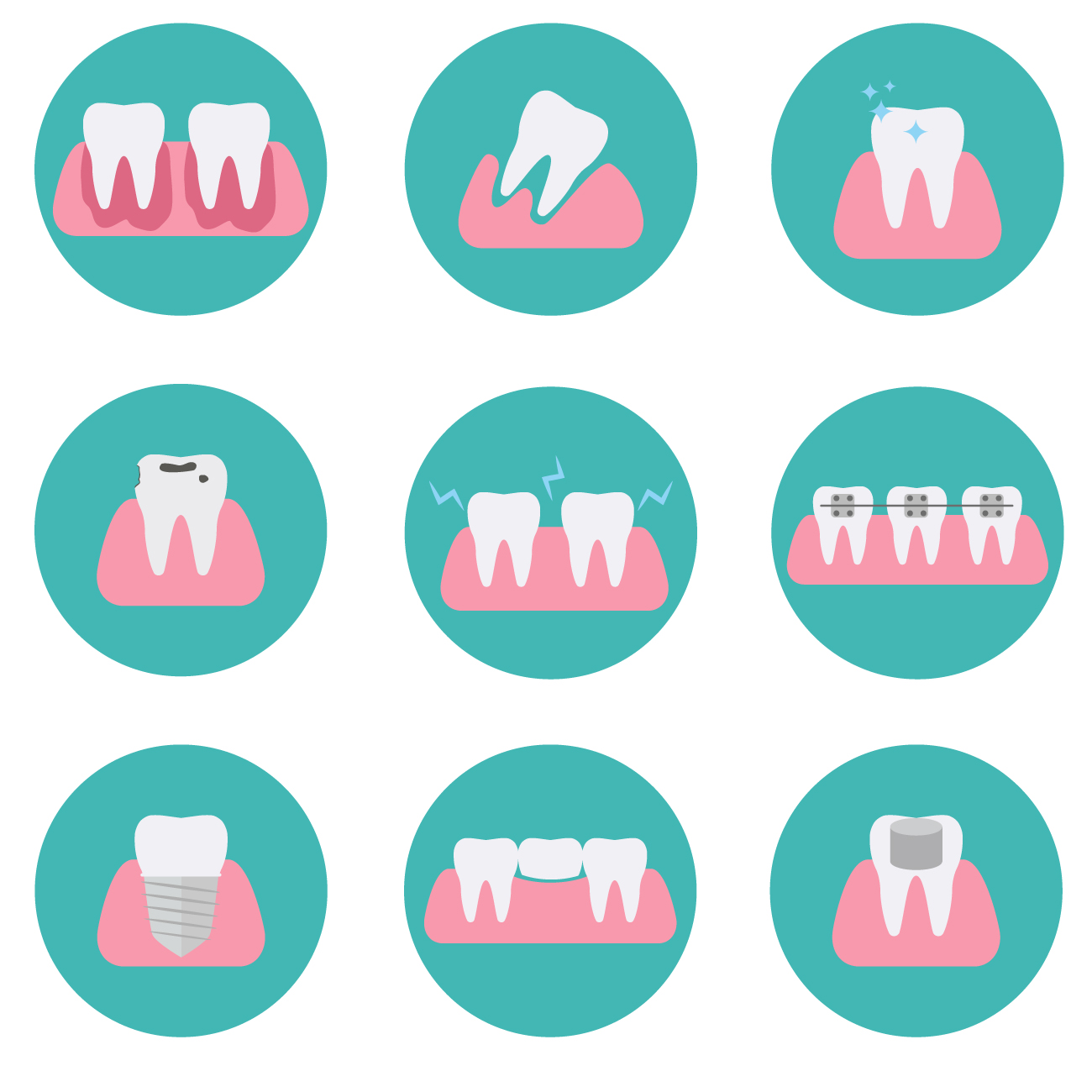
Why might wisdom teeth need to be removed during orthodontic treatment?
Wisdom teeth may need to be removed during orthodontic treatment because they can pose a risk to the alignment and positioning of the teeth that braces are working to correct. As the last set of molars to erupt, often in late adolescence or early adulthood, wisdom teeth can cause crowding in the mouth due to limited space. This crowding can push other teeth out of alignment, potentially reversing the progress made by braces. Additionally, impacted wisdom teeth, which do not fully emerge or align properly, can lead to oral health issues such as infection, gum disease, and damage to adjacent teeth. By removing wisdom teeth during orthodontic treatment, dental professionals can prevent these complications, ensuring that the alignment of the teeth remains stable and that the results of the braces are not compromised.
When is the best time to remove wisdom teeth during orthodontic treatment?
The best time to remove wisdom teeth during braces treatment varies depending on individual circumstances, but it generally depends on factors such as the development stage of the wisdom teeth, their impact on dental alignment, and the specific goals of the orthodontic treatment. In many cases, oral surgeons and orthodontists may recommend removing wisdom teeth before starting braces if there is a high likelihood of crowding or impaction, which could interfere with tooth alignment. If wisdom teeth begin to erupt during the course of orthodontic treatment and pose a risk to the progress being made, removal during treatment might be advised. Alternatively, if the wisdom teeth are not causing any immediate issues, extraction might be postponed until after the braces are removed, allowing for a clearer assessment of their potential impact. Ultimately, the decision is made on a case-by-case basis, with close coordination between the orthodontist and oral surgeon to ensure optimal timing and outcomes for the patient.


What are the potential risks and complications of removing wisdom teeth while wearing braces?
Removing wisdom teeth while wearing braces can present several potential risks and complications. One of the primary concerns is the possibility of affecting the alignment and stability of teeth that are being adjusted by the braces. During the extraction process, adjacent teeth may experience some movement or pressure, which can temporarily disrupt the orthodontic treatment. Additionally, managing oral hygiene can be more challenging, as the presence of braces and the healing surgical site require careful cleaning to prevent infection and promote healing. There is also a risk of swelling, pain, and discomfort, which might be exacerbated by the pressure and tension of braces. Coordination between the orthodontist and oral surgeon is crucial to minimize these risks, ensuring that both treatments are successfully integrated and that the patient receives appropriate post-operative care and guidance.
How should oral hygiene be maintained after wisdom teeth removal while wearing braces?
Maintaining oral hygiene after wisdom teeth removal while wearing braces requires careful attention to ensure proper healing and prevent infection. Here are some key tips to help manage oral care during this time:
- Gentle Brushing: Use a soft-bristled toothbrush to gently clean your teeth, avoiding the surgical site. Be cautious around the area to prevent irritation and dislodging any blood clots that form as part of the healing process.
- Rinsing: Avoid vigorous rinsing for the first 24 hours. After that, rinse your mouth gently with warm salt water several times a day, especially after meals, to help reduce swelling and keep the area clean. Avoid using commercial mouthwashes, which may contain alcohol and irritate the surgical site.
- Flossing: Continue to floss daily, but be careful around the teeth adjacent to the extraction site. Special orthodontic floss or floss threaders can help navigate around braces without disturbing the area.
- Orthodontic Care: Use any recommended orthodontic cleaning tools, such as interdental brushes or water flossers, to remove debris from around the braces. These tools can help reach difficult areas without causing trauma to the healing tissues.
- Avoid Certain Foods: Stick to a soft diet for the first few days, avoiding hard, crunchy, or sticky foods that can irritate the area or get caught in the braces. Focus on nutritious, easy-to-eat foods that support healing.
- Pain Management: Follow your dentist’s or oral surgeon’s instructions regarding pain medication and ice packs to manage swelling and discomfort. Staying on top of pain management can make it easier to maintain oral hygiene routines.
- Follow-up Appointments: Attend all follow-up appointments with your orthodontist and oral surgeon to monitor healing and ensure that your braces are still functioning correctly.
By adhering to these guidelines, you can help ensure a smooth recovery and maintain the progress of your orthodontic treatment.
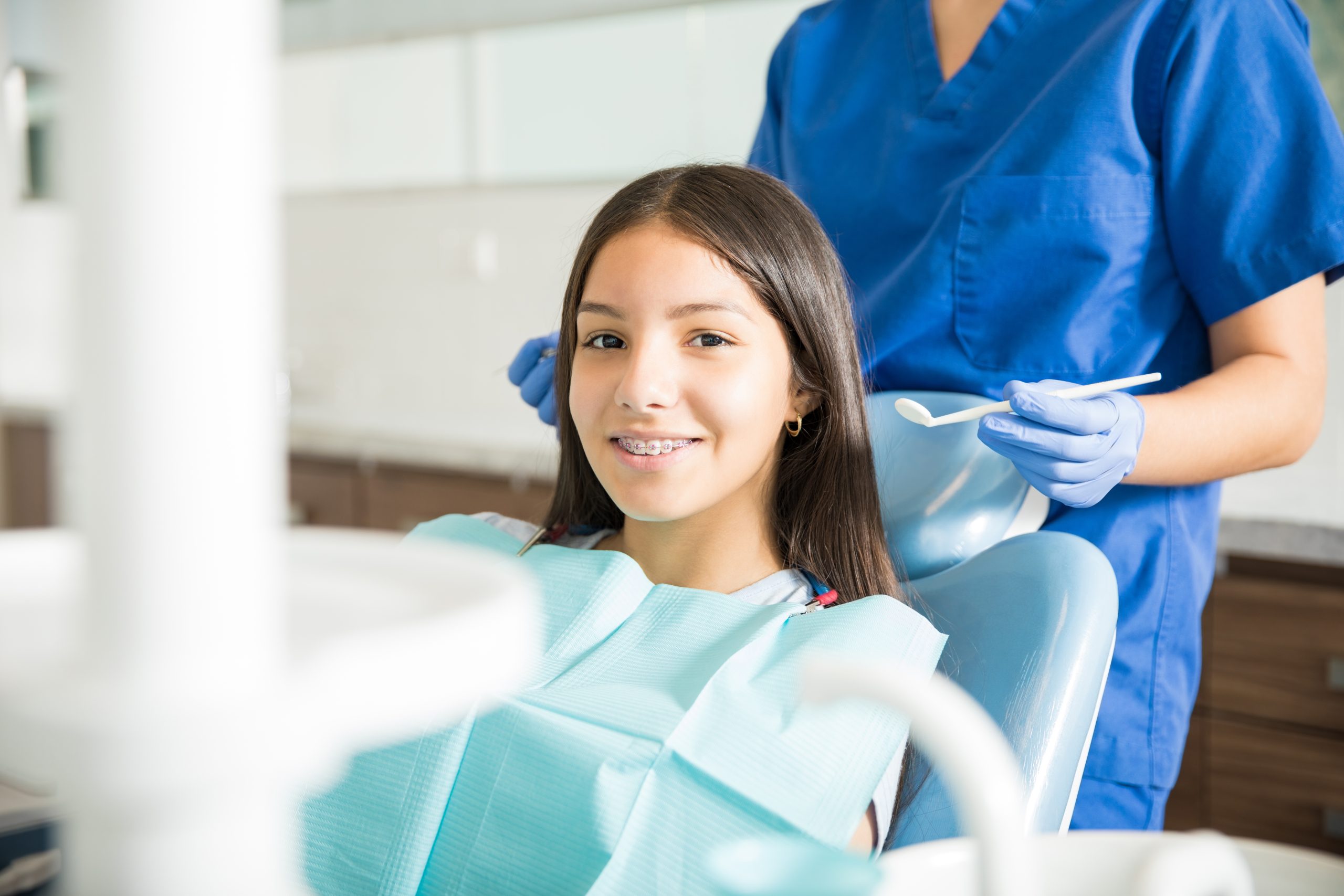
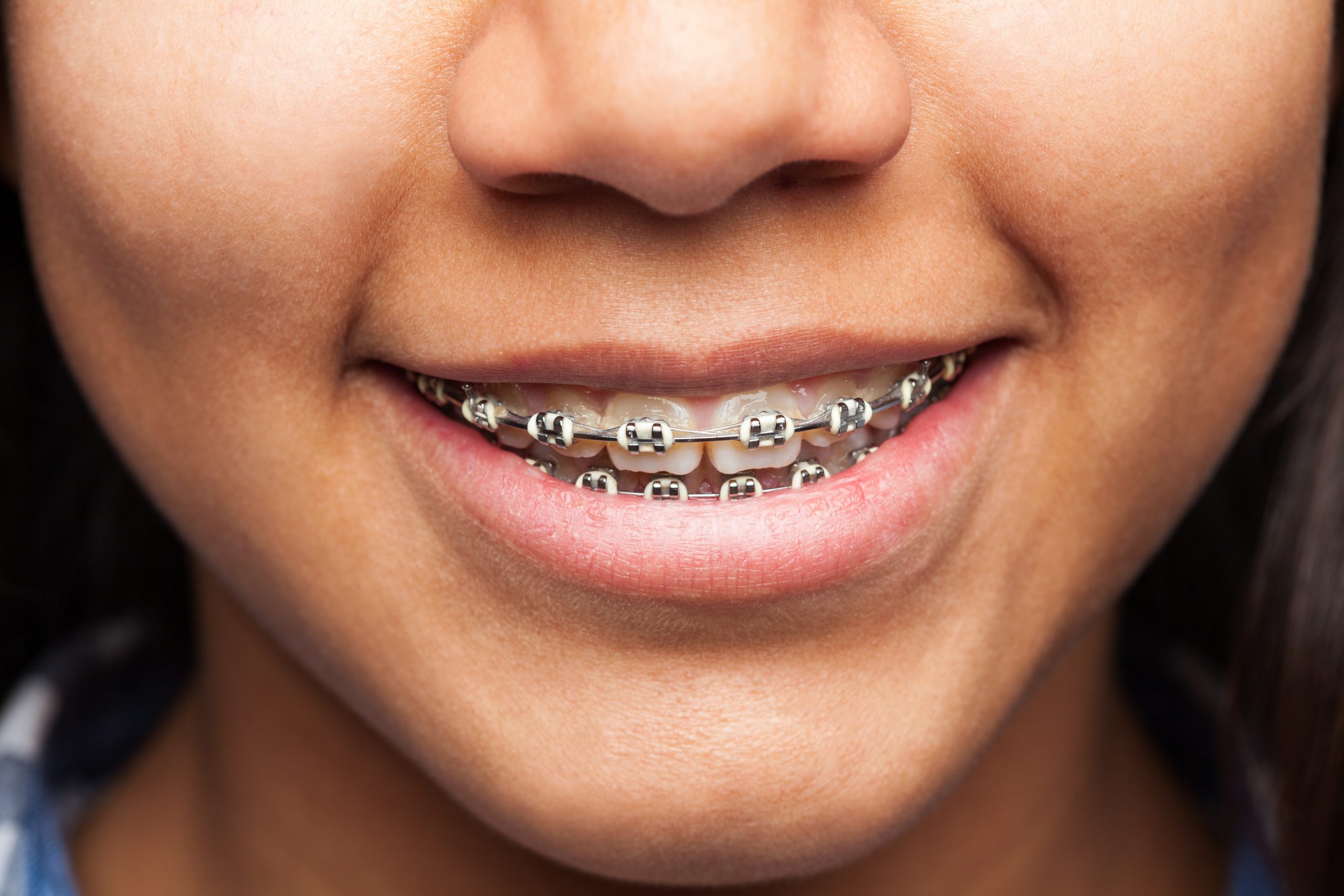
Will the removal of wisdom teeth affect the timeline or outcome of orthodontic treatment?
The removal of wisdom teeth can potentially affect the timeline and outcome of orthodontic treatment, but the extent of this impact varies depending on individual circumstances. Here are some factors to consider:
- Impact on Alignment: If wisdom teeth are causing crowding or misalignment, their removal can prevent further shifting and ensure that the orthodontic treatment progresses as planned. This may lead to a more favorable outcome and help maintain the desired alignment achieved with braces.
- Treatment Timeline: The extraction itself may not significantly delay the overall timeline of orthodontic treatment, but the healing process can temporarily slow down the adjustment schedule. Patients may need a short break from adjustments to allow the extraction site to heal properly.
- Healing Process: Proper healing is crucial to avoid complications that could affect the progress of braces. Any infections or complications at the extraction site could necessitate additional dental visits and potentially prolong treatment.
- Orthodontic Adjustments: In some cases, adjustments to the braces may be needed after the extraction to accommodate changes in the dental structure or to address any shifting that occurred before the removal.
- Individual Factors: Each patient’s case is unique, and the decision to remove wisdom teeth during orthodontic treatment is based on factors such as age, the position of the wisdom teeth, and the overall treatment plan.
By coordinating closely with their orthodontist and oral surgeon, patients can ensure that wisdom teeth removal supports, rather than hinders, their orthodontic goals. Proper planning and follow-up care are essential to minimize any potential disruptions to the treatment timeline.


